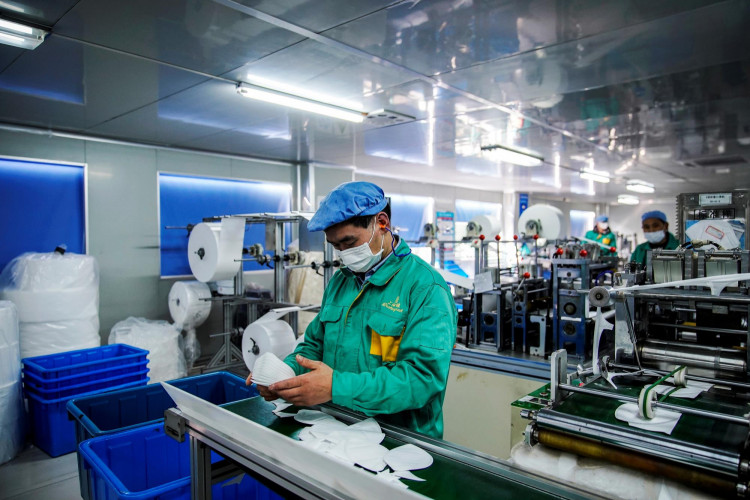China has launched a charm offensive to lure American companies into business - despite worsening diplomatic ties.
Xiao Yaqing, China's Minister of Industry and Information Technology, said his country welcomed U.S. companies that wanted to do business. He claims China is striving to foster a fair and just business environment for foreign companies.
Xiao said good market opportunities exist in China's tech sector. Among the more promising areas for investment are communications, especially 5G networks and new-energy vehicles such as electric vehicles and hybrid EVs.
Xiao painted this rosy picture in a video conference with a delegation from the U.S.-China Business Council. The council is a private, nonprofit organization promoting trade between the U.S. and China. Based in Washington D.C., the council has 200 American company members.
Executives from General Motors and Qualcomm, among others, attended the meeting.
In September, the Ministry of Commerce urged U.S. companies to boost their investments in China and share development dividends. The ministry claims China continues to implement phase one of the China-U.S. economic and trade agreement - despite the economic crisis wrought by the COVID-19 pandemic. It said China had worked hard to build a sound environment for practical cooperation between America and China businesses. The phase-one trade deal was signed Jan. 15.
There is a consensus among U.S. companies in China that China is still the place to be. The American Chamber of Commerce in Shanghai and PwC China said 70% of the more than 200 American companies it polled that owned or outsourced production in China didn't plan to shift manufacturing to other countries.
The trade deal requires China to boost its purchases of U.S. goods and services by $200 billion from 2020 to 2021 compared to 2017 levels of $130 billion in goods and $56 billion in services.
For its part, the U.S. will reduce import tariffs to 7.5% from 15% on $120 billion worth of goods imported from China effective Feb. 14. The 25% U.S. levy on $250 billion in China imports will remain, however. China imports of $370 billion will see no reduction. The U.S. agreed to suspend an additional $160 billion in tariffs.
China suspended its planned retaliatory tariffs. It reduced tariffs on $75 billion worth of U.S. imports Feb. 5.






